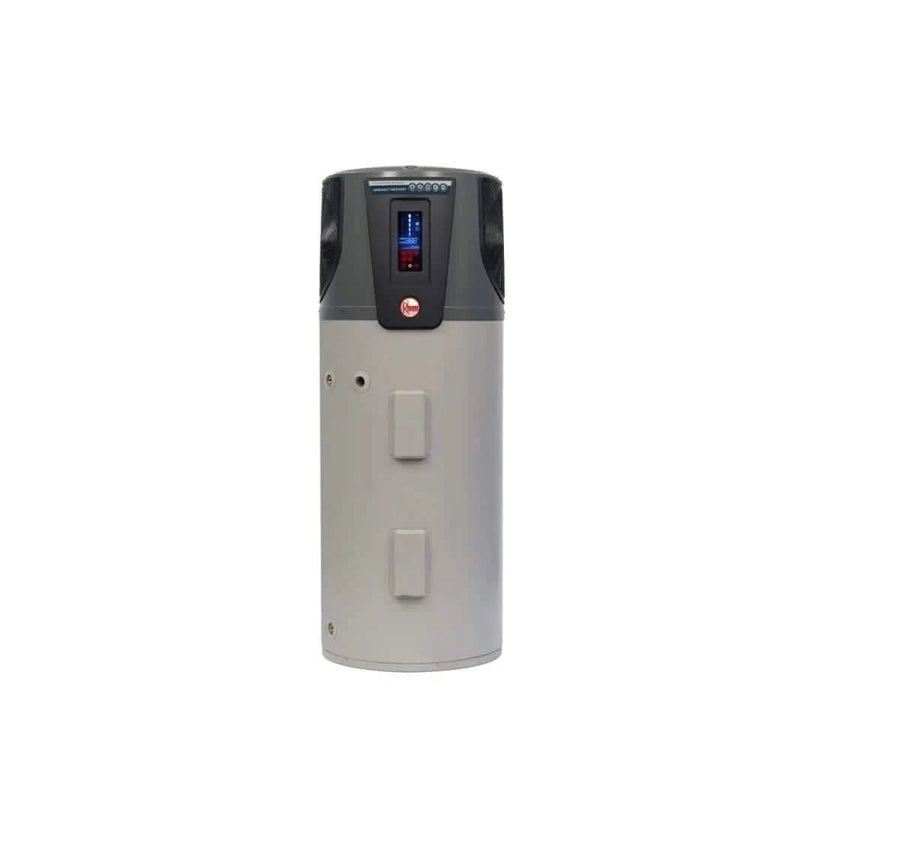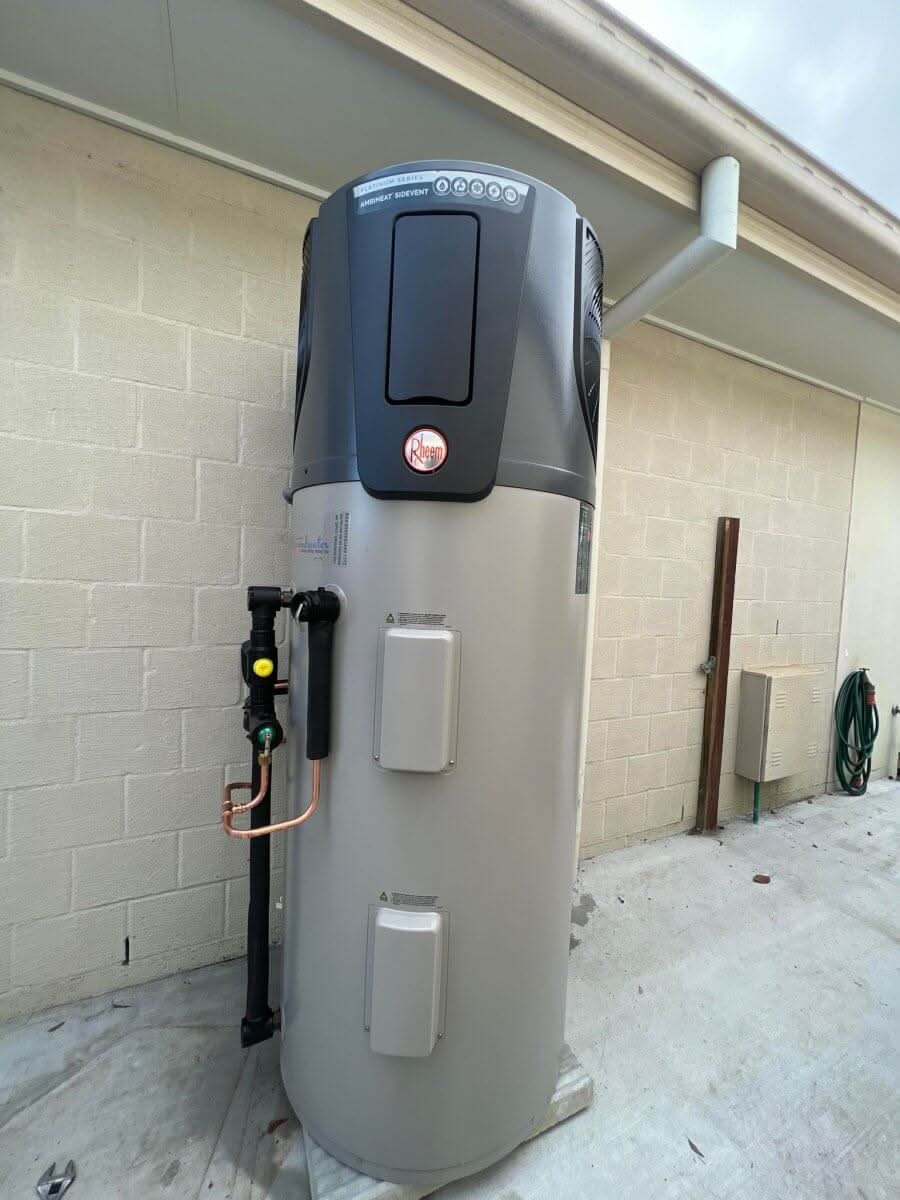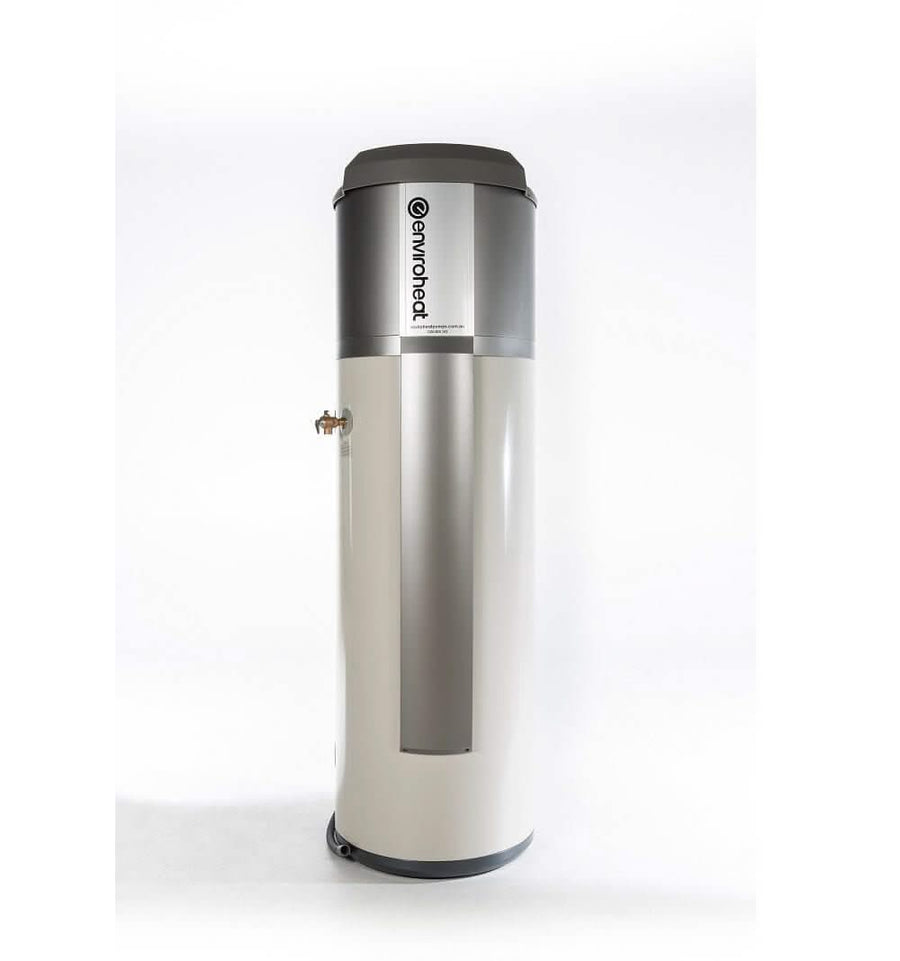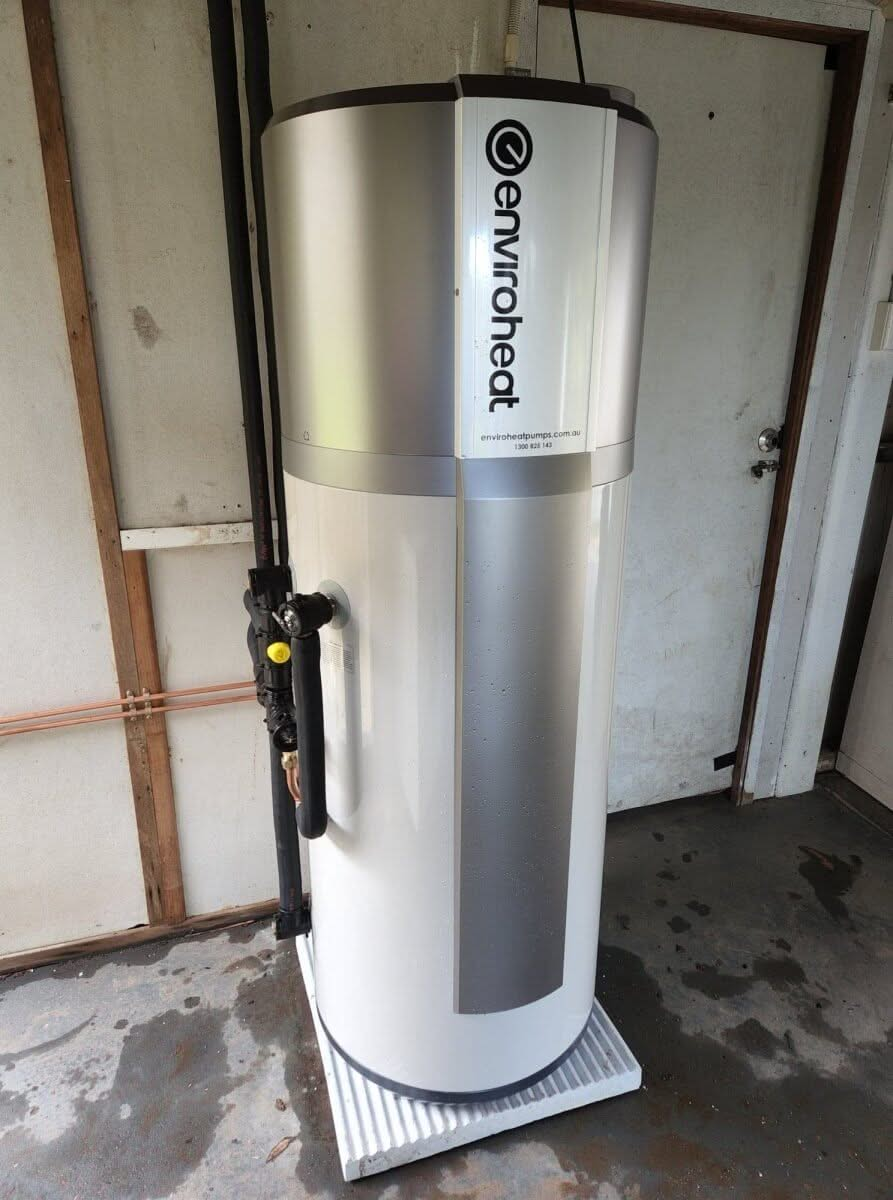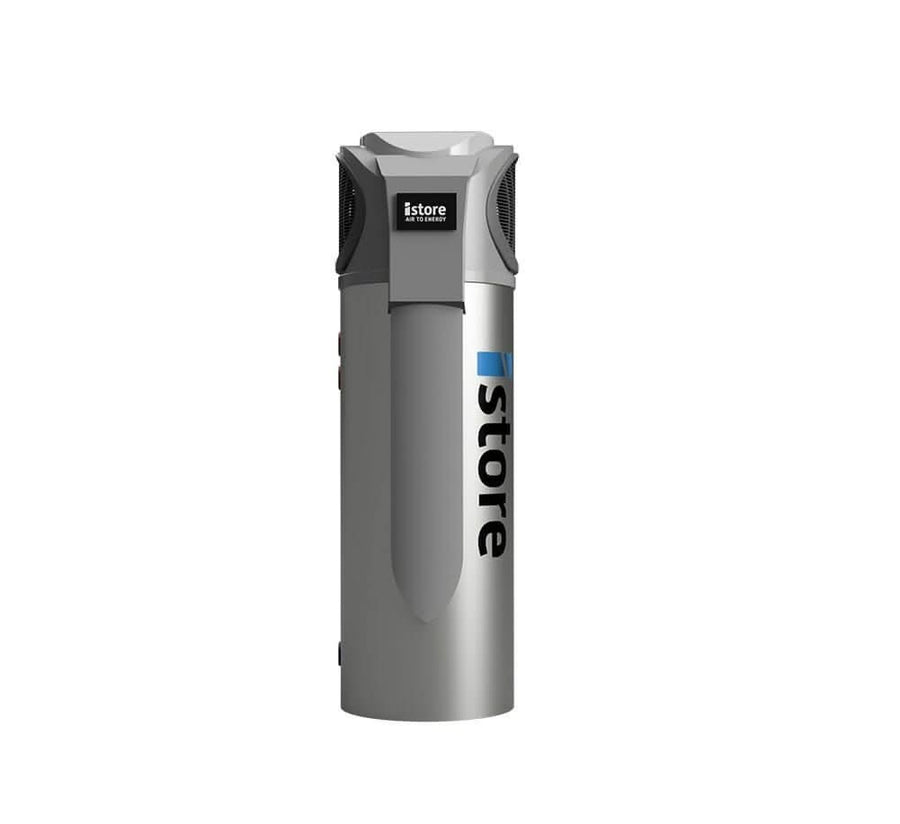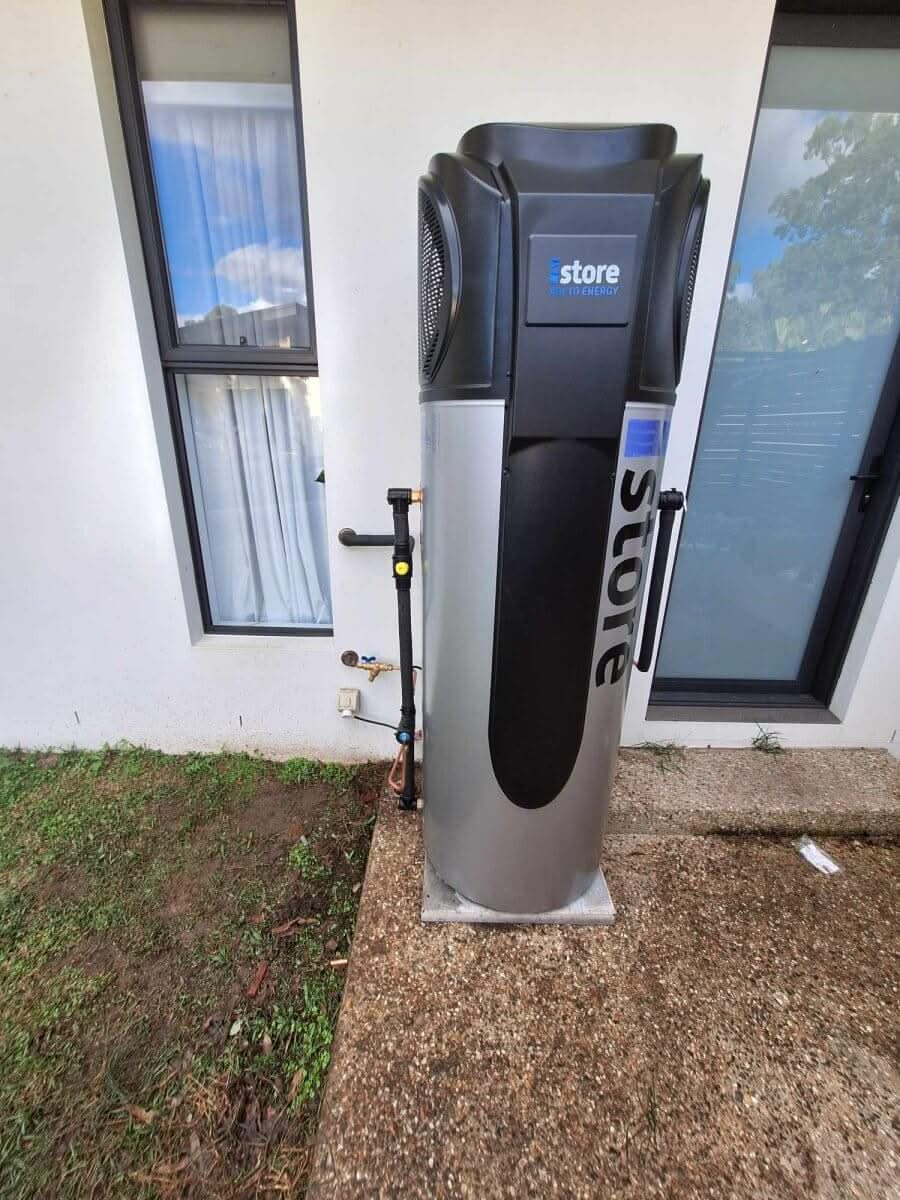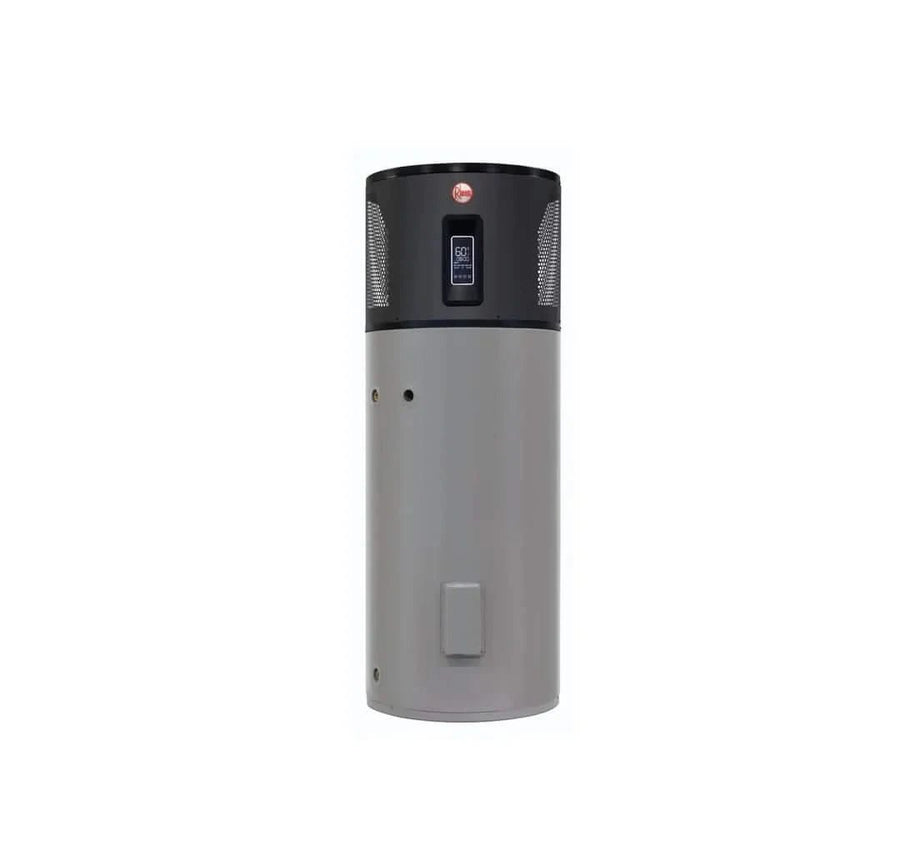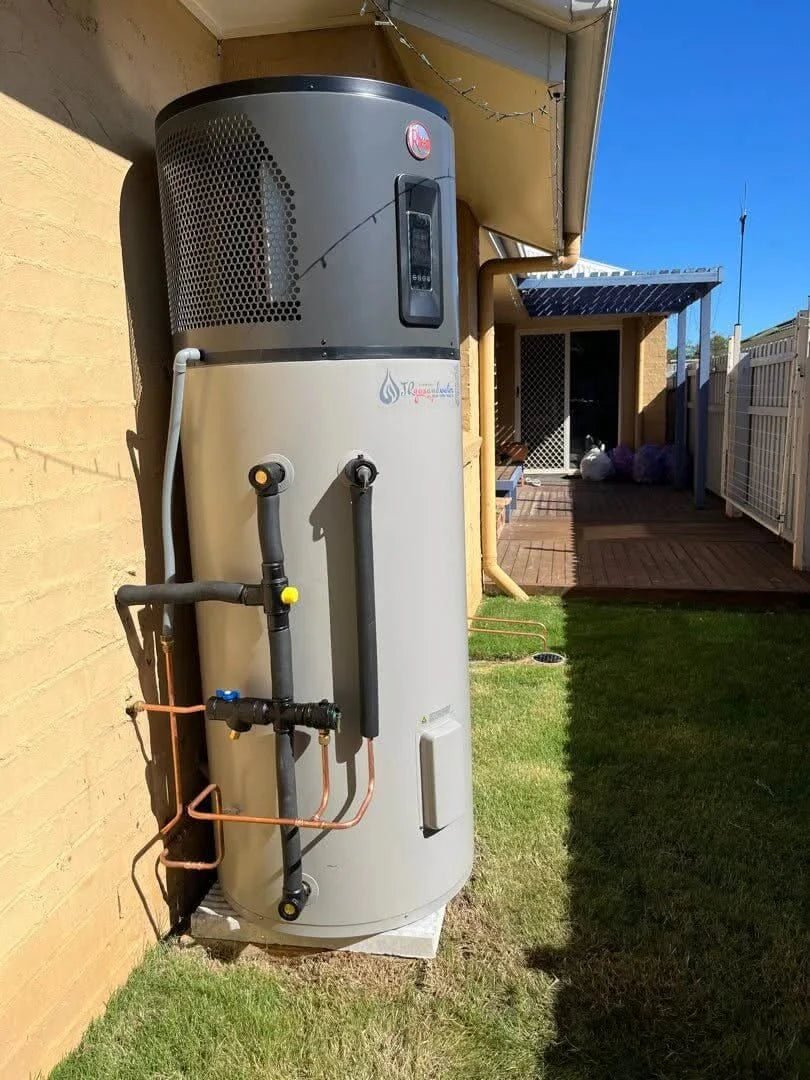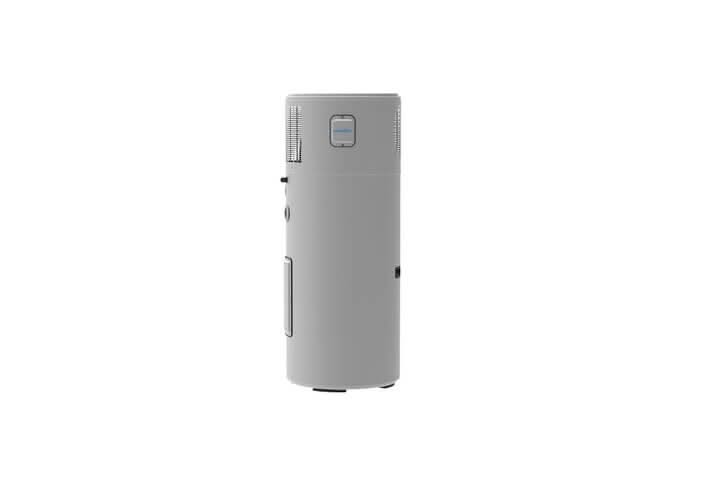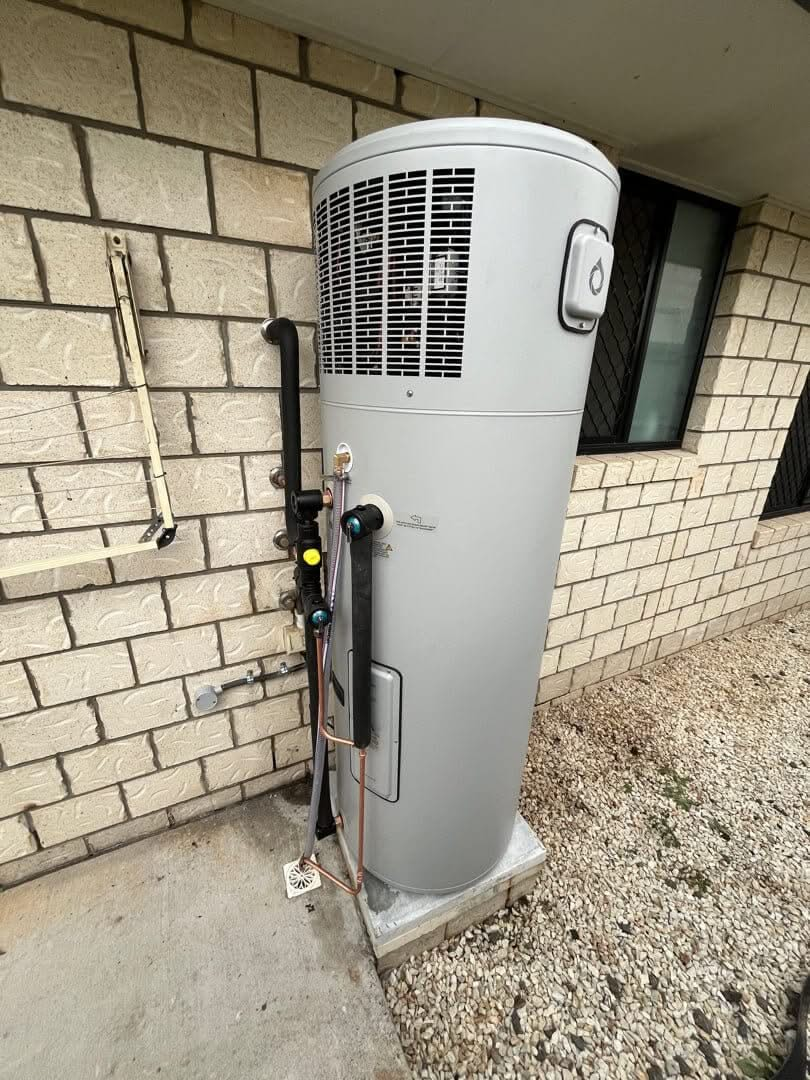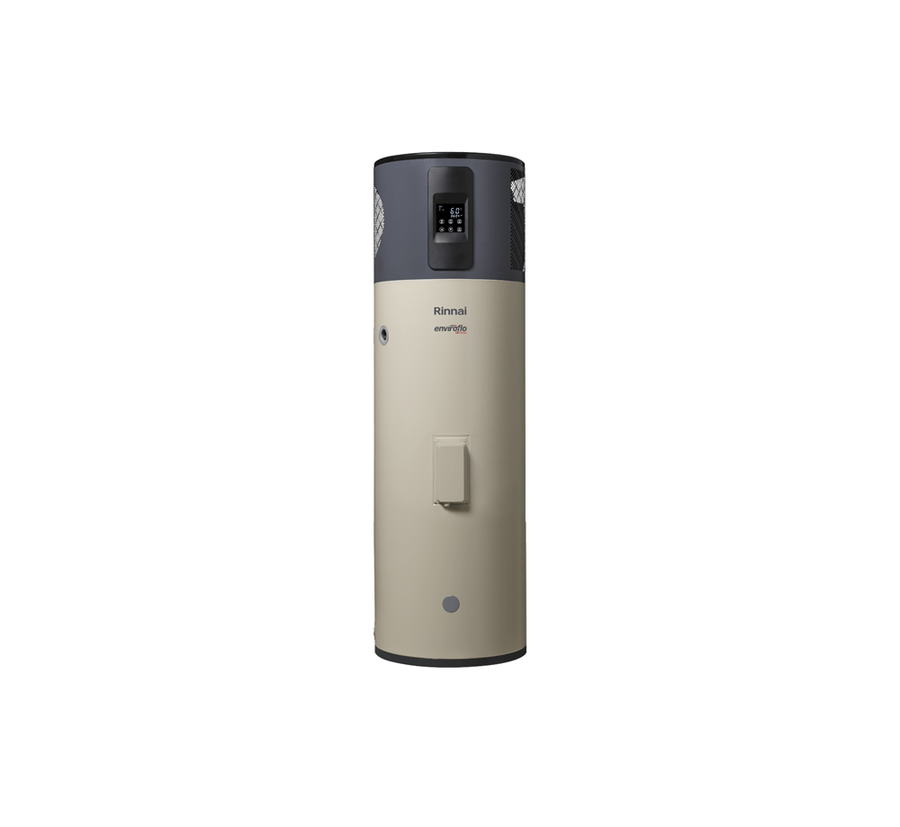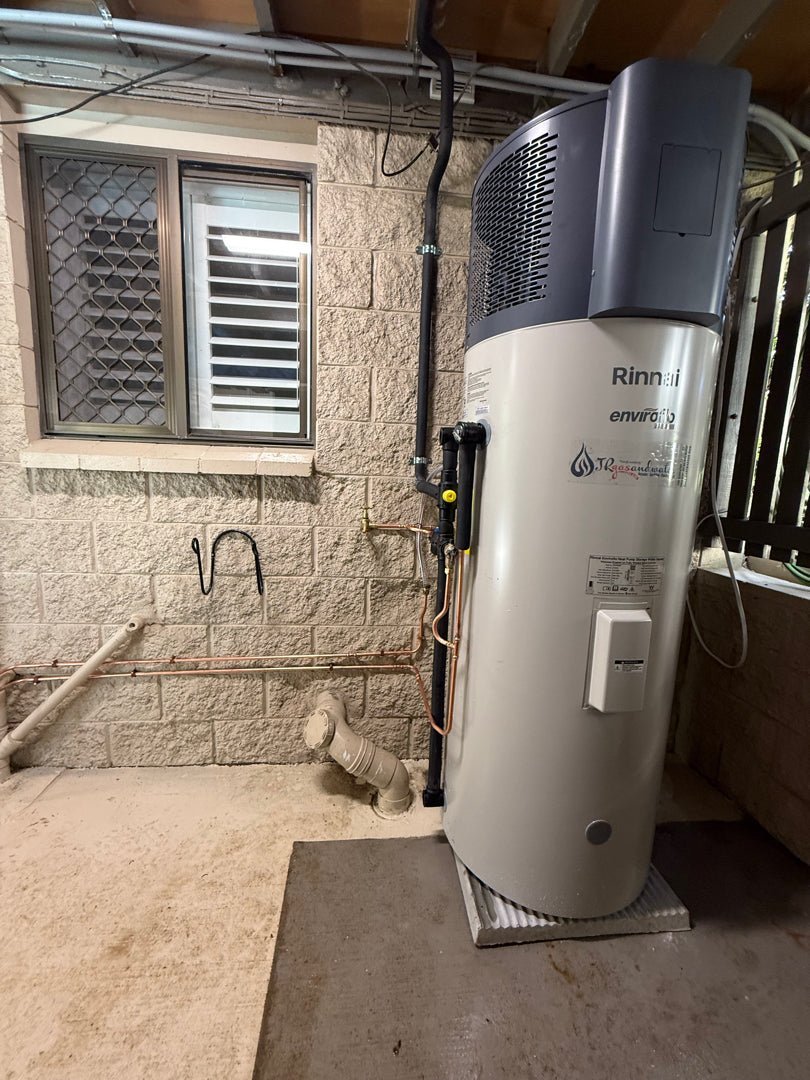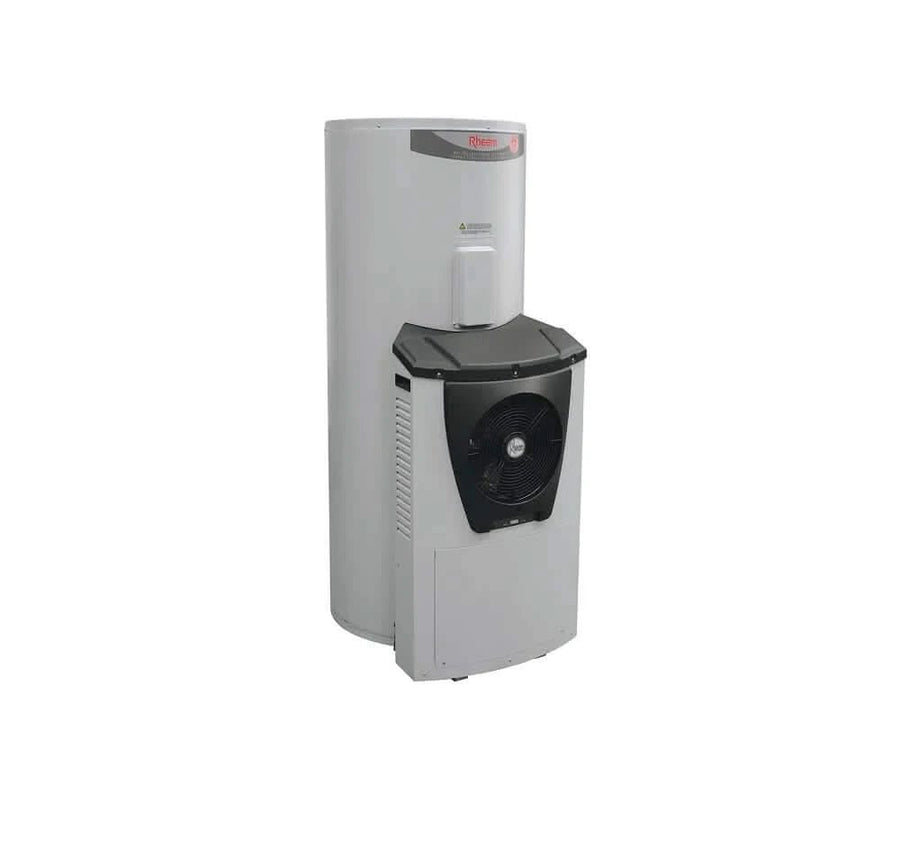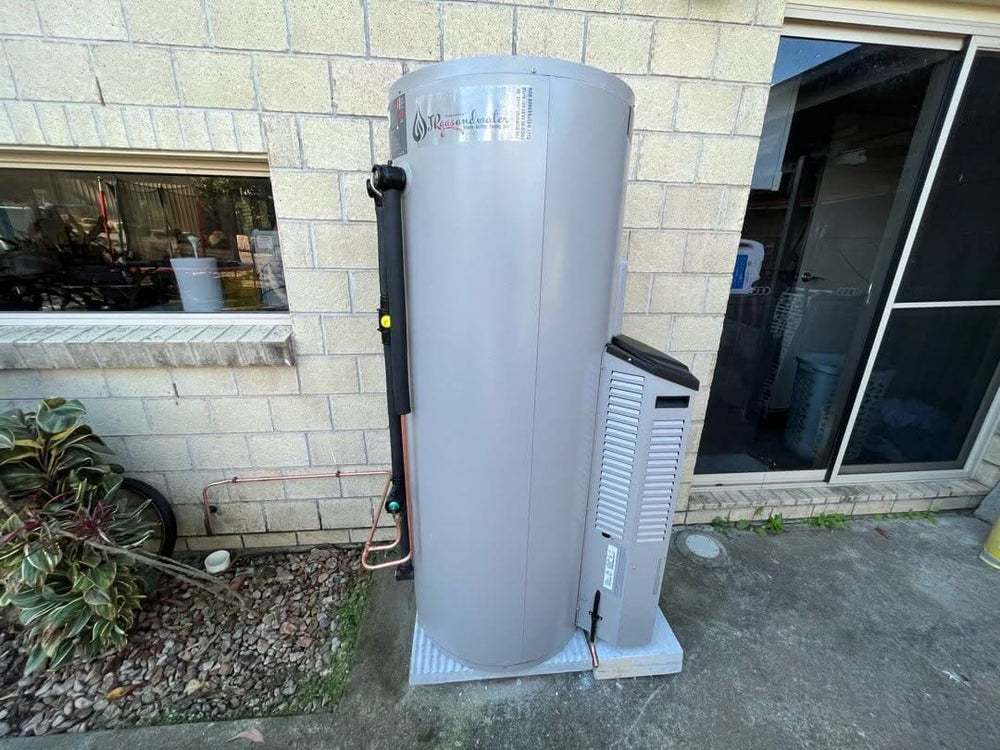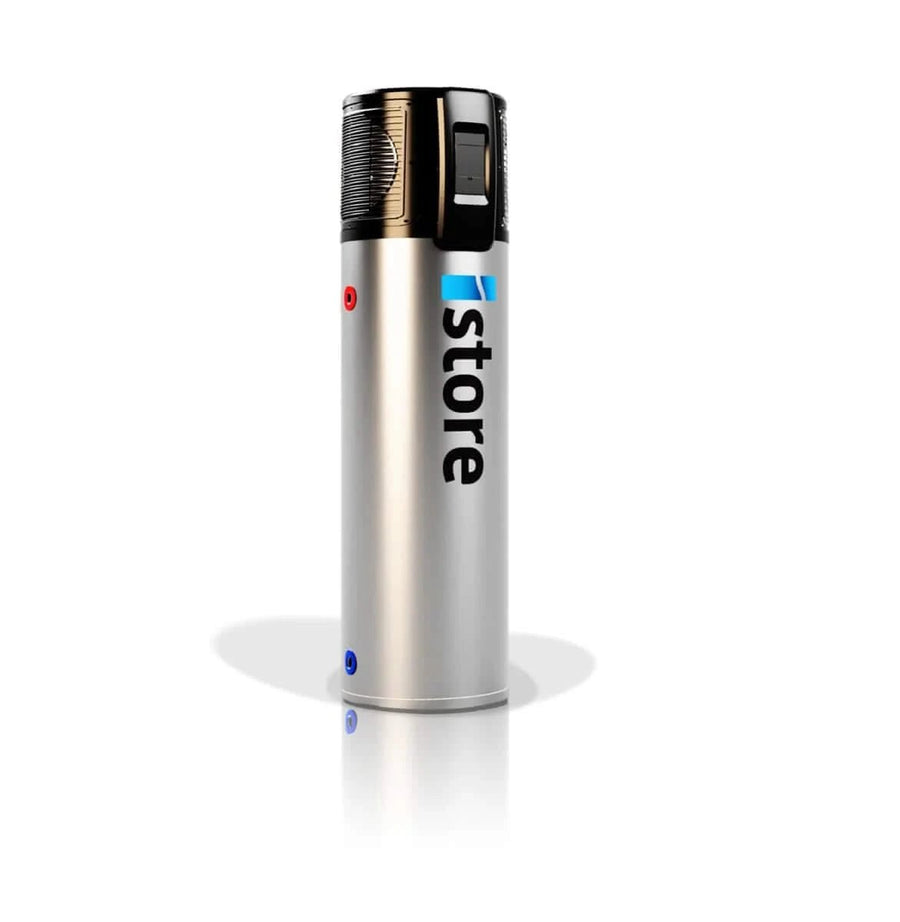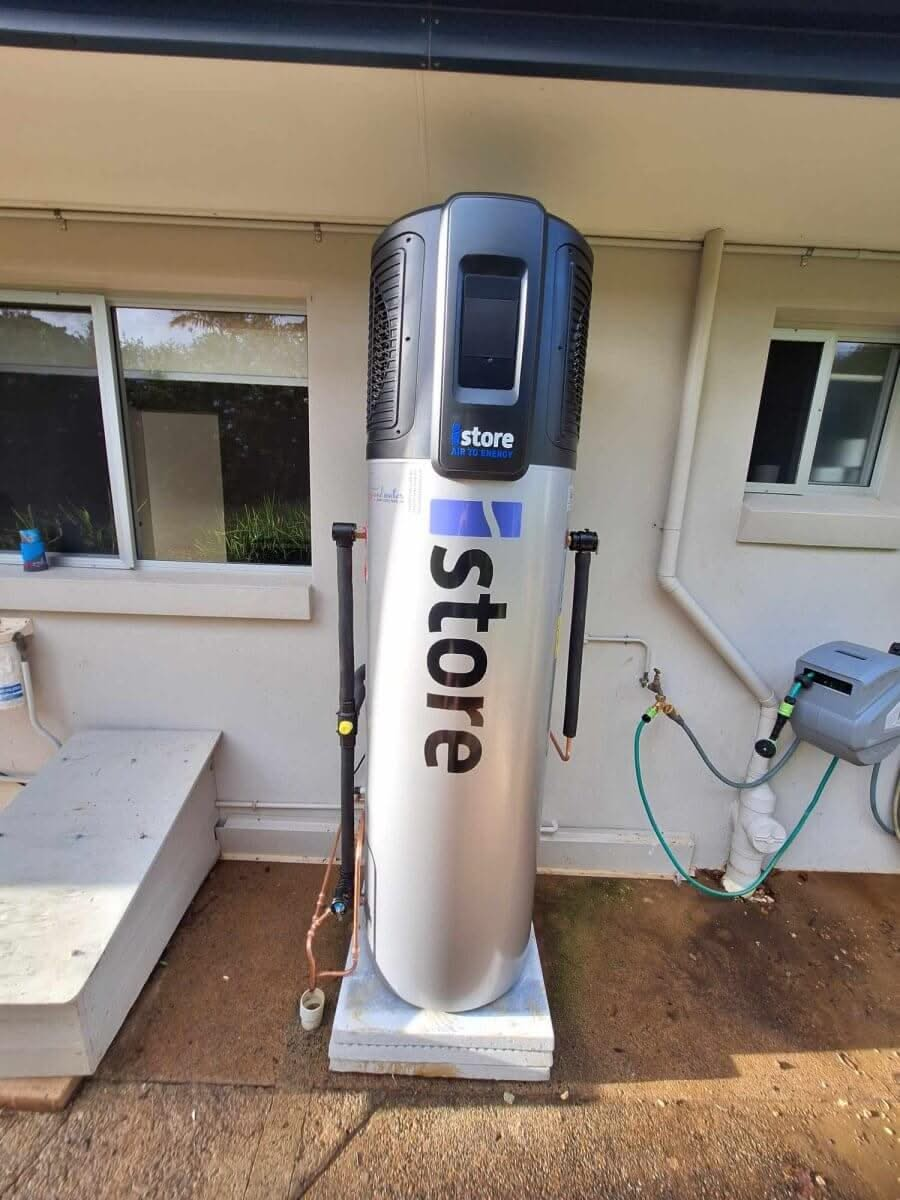Top Hot Water Heater Systems: Find the Best for Your Home
Looking for the best hot water heater systems for your home? This guide will help you understand the different types available, their advantages and disadvantages, and how to choose the right one for your needs.
Key Takeaways
-
Hot water heater systems vary in type, including electric, gas, solar, and heat pump, each with specific advantages tailored to different household needs.
-
Energy efficiency and environmental impact are key considerations when choosing a hot water system, with solar and heat pump options offering significant savings and lower greenhouse gas emissions.
-
Proper installation and regular maintenance of hot water systems are crucial for ensuring safety, efficiency, and longevity, along with access to reliable emergency repair services.
Understanding Hot Water Heater Systems
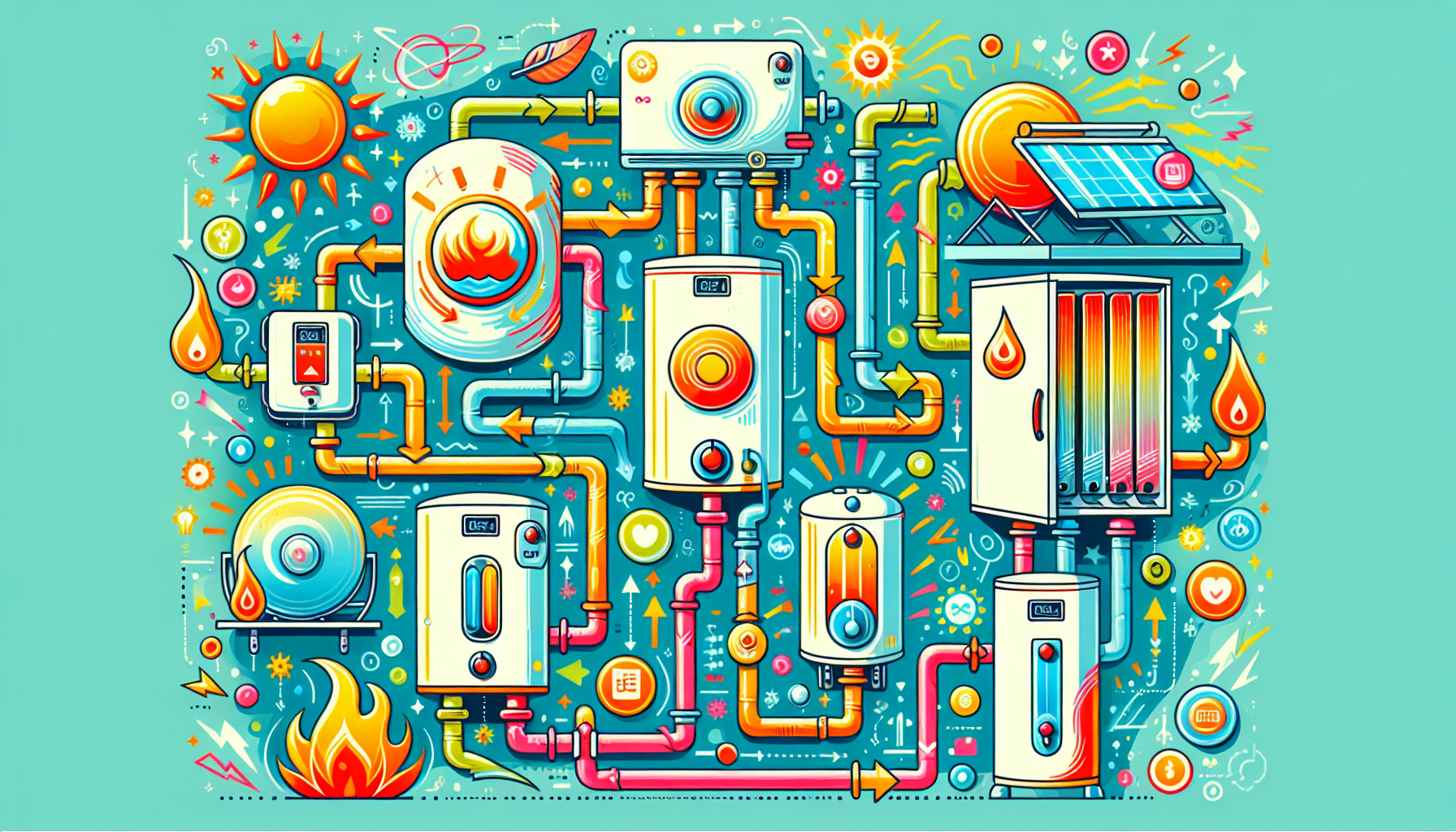
Hot water heater systems come in several types, each with its own advantages and disadvantages. The main types include electric, gas, solar, and heat pump systems. These systems can be further categorized into storage systems and continuous flow systems. Storage systems heat and store water in a tank, while continuous flow systems, also known as instantaneous systems, heat water only when needed.
Rheem, a trusted brand operating in Australia for over 80 years, offers a variety of hot water systems, including electric, gas continuous flow, gas storage, and solar models. Their systems are designed to cater to different household needs, ensuring a reliable and efficient supply of hot water.
Grasping the distinctions between these systems aids in making an informed decision. For instance, a gravity-fed solar hot water system relies on gravity for water flow, with the storage tank placed in the roof cavity. Active systems, on the other hand, use mechanical pumps to circulate water between collectors and the tank. Knowing these distinctions helps in selecting the right hot water system for your home.
Electric Hot Water Systems
Electric hot water systems are popular in Australia due to their affordability and easy installation. They come in two main types: storage tank models and electric instantaneous water heaters. Storage tank systems heat water using electric resistance heaters and store it in an insulated tank, while continuous flow systems heat water on demand, ensuring a constant supply without storage losses.
One of the significant advantages of electric hot water systems is their ability to utilize renewable electricity sources, leading to environmental benefits. However, electric storage tank systems can incur substantial heat losses, making continuous flow systems a more energy-efficient option. Factors like capacity and energy efficiency should be considered when choosing an electric hot water system.
Using electric hot water systems during peak solar generation times can also help stabilize electricity networks and reduce running costs. Despite higher running costs than gas systems, their lower initial cost makes them an attractive option for many households.
Gas Hot Water Systems
Gas hot water systems are known for their efficiency and ability to heat water quickly, making them ideal for larger families. These systems can be powered by natural gas, LPG, or even electricity, providing flexibility in fuel choice. Gas systems are generally more expensive to install than electric systems, but they offer faster heating and can be more economical when operated on natural gas.
Gas storage systems are suitable for large households as they can provide a consistent hot water supply. However, safety concerns arise due to the lack of insulation at the bottom of the tank, and regular maintenance is required to ensure safe operation.
On the other hand, gas continuous flow system heat water only when needed, reducing costs and minimizing gas consumption. Rheem’s gas continuous flow systems come in various sizes, allowing you to choose the right capacity for your household needs. Proper installation and maintenance are critical for the efficient and safe operation of gas hot water systems.
Solar Hot Water Systems
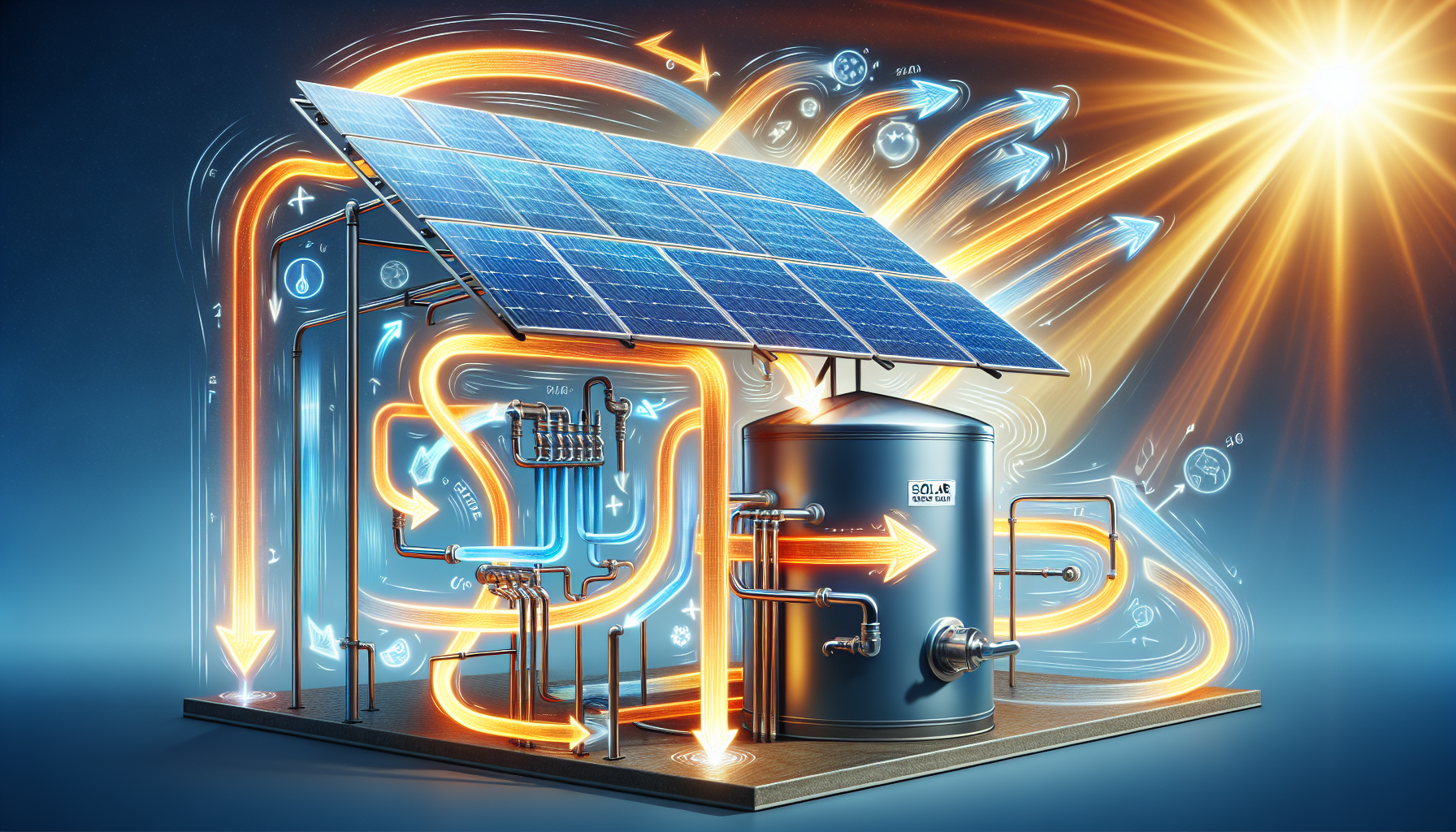
Solar hot water systems are an eco-friendly option that can lead to significant energy savings and reduced bills. These systems typically consist of solar collector panels and a storage tank, with a four-person household generally requiring two panels and a 300-360 liter tank. There are two primary types of solar collectors. These are flat plate and evacuated tube collectors.
The initial investment for a solar hot water system can range from $4,000 to $8,000, influenced by the type of system and installation complexity. Despite the higher initial costs, solar hot water systems can benefit from government rebates and incentives such as Small-scale Technology Certificates (STCs). These systems have the potential to provide up to 90% of hot water needs, especially in sunny climates.
Regular maintenance checks are crucial for active solar hot water systems to identify issues like pump or sensor failures. In cooler climates, indirect systems with heat exchangers are used to prevent freeze damage, ensuring reliable operation year-round.
Heat Pump Water Heaters
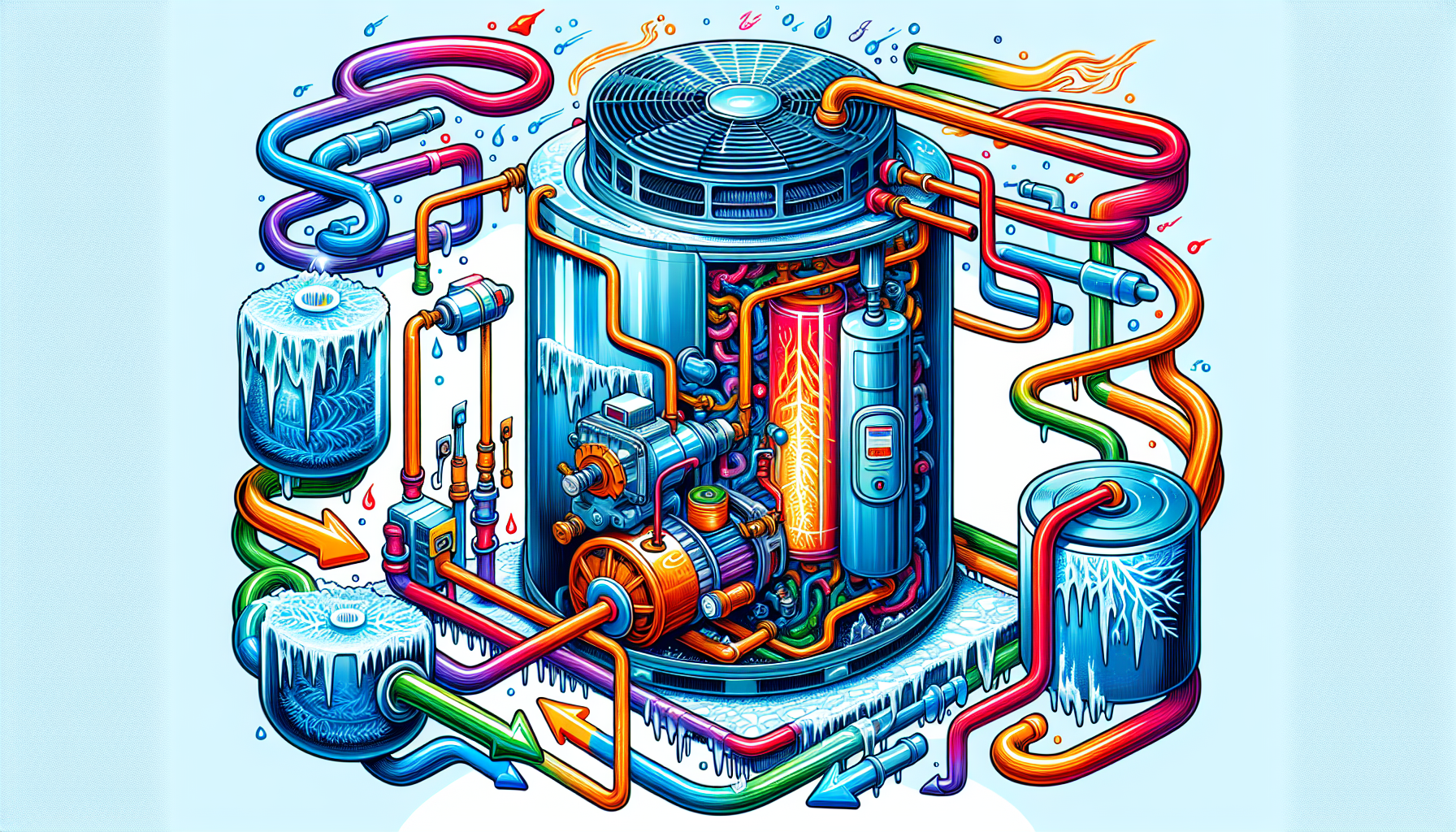
Heat pump water heaters are among the most energy-efficient options available, using electricity to transfer heat from the environment rather than generating it. They work by extracting heat from the air to heat water using a refrigerant cycle, making them significantly more efficient than traditional electric heaters.
Air-source heat pumps, although more expensive to install, are becoming popular due to their efficiency and lower running costs. They can save up to 70% on power bills and often achieve two to three times the efficiency of traditional electric heaters. However, they operate best in warm, humid climates.
Integrating electric heat-pump water heaters with solar PV systems can increase self-consumption of onsite solar generation, providing additional benefits. Rheem’s heat pump systems, for instance, absorb heat from the air to heat water in a tank, offering a compact and efficient solution.
Choosing the Right Hot Water System
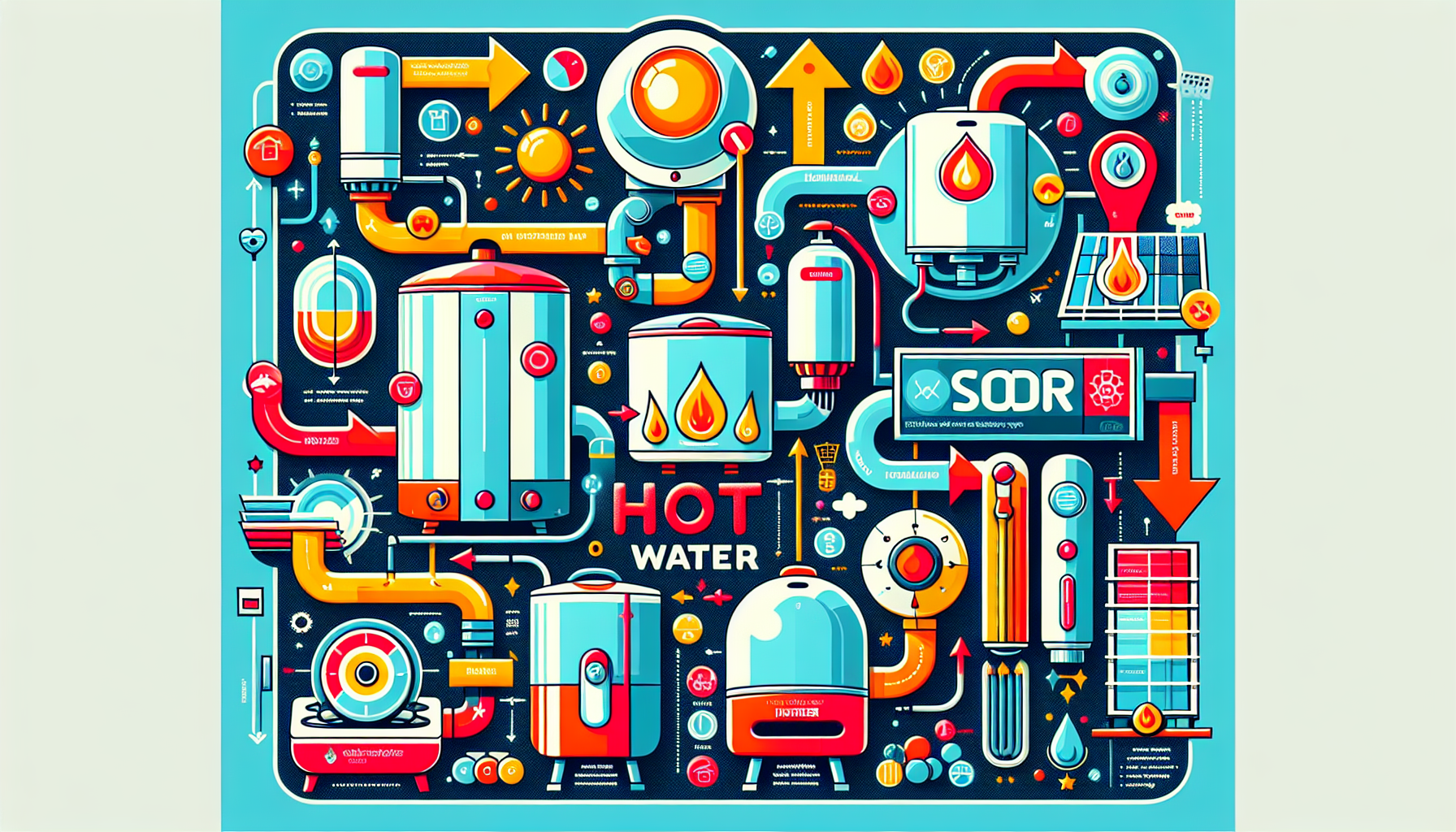
Selecting the right hot water system involves considering various factors such as household size, hot water consumption patterns, and energy efficiency. Ensuring the system size matches your household needs helps avoid inefficiencies and higher costs associated with oversizing or undersizing.
Considering the environmental impact and running costs is also important. Solar hot water systems have significantly lower running costs and reduce greenhouse gas emissions, while natural gas water heaters generate fewer emissions compared to electric systems from non-renewable sources. Government incentives may be available for both heat pump and solar water heating systems, making them more affordable.
Installation and Maintenance
Efficient and safe operation of hot water systems depends on proper installation and regular maintenance. Technicians provide services for installation and general maintenance, ensuring that your system runs smoothly and efficiently. Hot water systems can be installed in various locations, including under floors, smaller rooms, and attics.
Having a licensed professional service your system regularly can enhance its efficiency and lifespan. This includes tasks like cleaning solar panels, flushing collectors, and addressing any leaks immediately. Insulating exposed hot water pipes and wrapping the tank with an insulation blanket can also reduce heat loss and improve energy efficiency.
Minimizing the length of hot water pipes and insulating externally exposed pipes are additional measures that can significantly improve system efficiency. Addressing issues like fluctuating temperatures, low pressure, or visible leaks promptly can prevent more significant problems and ensure a consistent hot water supply.
Safety Considerations
Safety is a critical aspect of hot water systems. The recommended delivery temperature of hot water to prevent burns is no more than 50°C. For continuous flow hot water systems, the maximum temperature setting should not exceed 50°C to ensure safety. Facilities like early childhood centers must set a maximum hot water delivery temperature of 45°C to prevent burns.
To prevent Legionella bacteria growth, hot water storage systems should be maintained at a minimum of 60°C. Fitting a tempering valve in new hot water systems to regulate temperature is necessary. Upon returning from a holiday, it’s crucial to heat stored water to above 60°C for at least 35 minutes to eliminate any bacteria.
Saving Energy and Reducing Costs
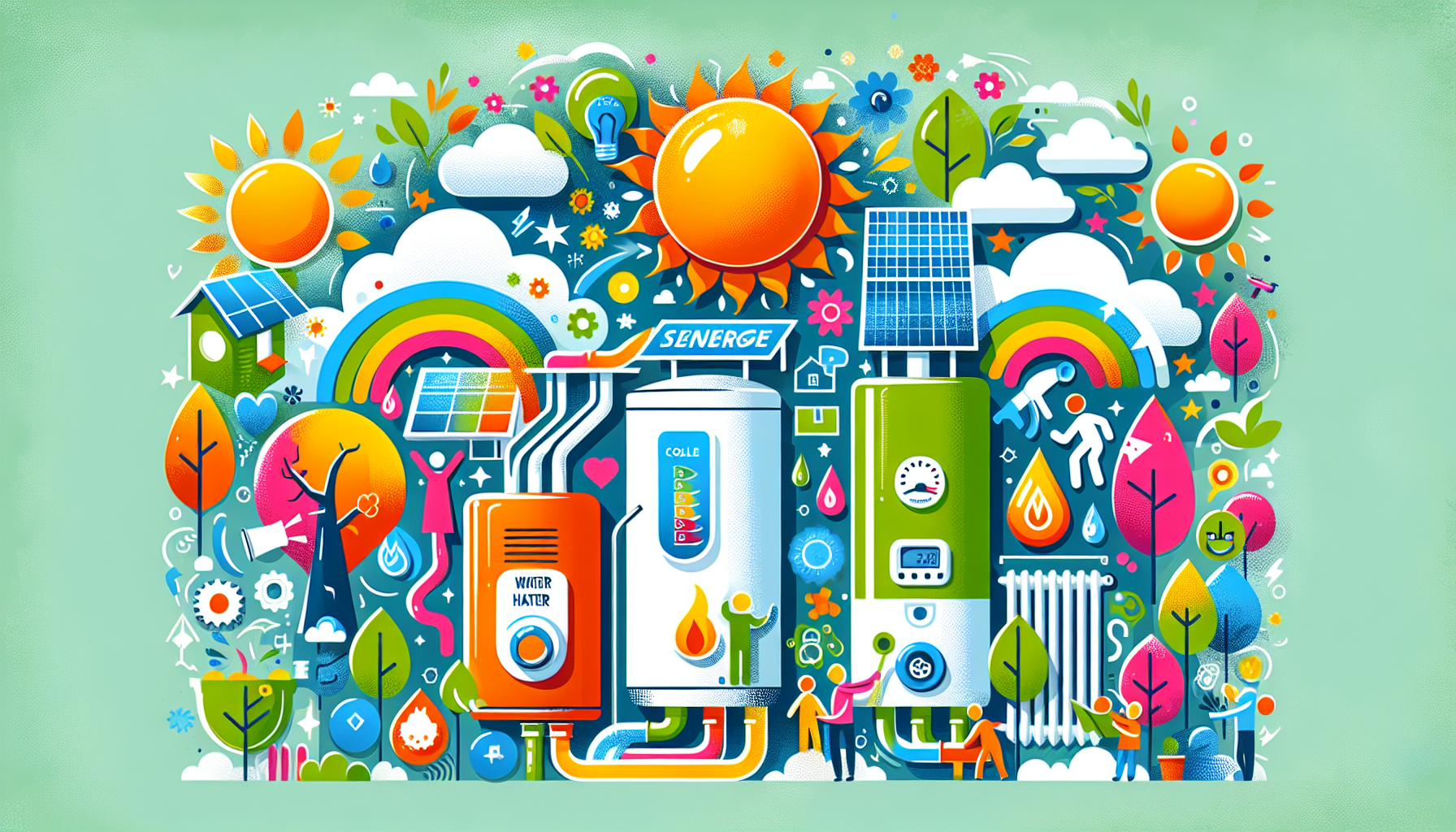
Hot water heating accounts for a significant portion of household energy consumption, making it a key area for energy savings. Electric hot water systems are responsible for about 25% of household energy consumption, and effective insulation of hot water pipes and tanks can significantly reduce heat loss.
Using energy-efficient appliances and fixtures, such as 3-star rated showerheads, can help reduce hot water usage. Additionally, using washing machines and dishwashers only when full or selecting economy settings can save energy. Taking shorter showers and considering a shower timer can further reduce hot water consumption.
Using off-peak electricity and maximizing efficiency in your water heating system can help lower energy bills and greenhouse gas emissions. Solar hot water systems and heat pump systems offer significant energy savings and reduced running costs, making them a wise investment for environmentally conscious homeowners.
Emergency Repairs and Support
In the event of a hot water system failure, having access to reliable emergency repair services is essential. Companies like Mr Emergency and 1st Choice Group offer 24/7 emergency maintenance and repair services for hot water systems, ensuring that you never have to endure a cold shower for long.
Technicians at Mr Emergency can quickly replace hot water systems and perform repairs on units like continuous flow and heat pump systems. 1st Choice Group technicians are highly trained and skilled in repairing, servicing, and installing all types of water heater systems, including heat pump systems. They provide comprehensive services, including repairs, installation, parts, and sales.
Mr Emergency also offers finance options for urgent repairs, allowing payment through manageable installments. Having a service plan and knowing where to turn for emergency support ensures peace of mind and a quick resolution to any hot water issues.
Summary
Selecting the right hot water system for your home involves considering various factors, including household size, energy efficiency, and environmental impact. Electric, gas, solar, and heat pump systems each have their own advantages and disadvantages, making it crucial to choose the system that best fits your needs.
By understanding the different types of hot water systems and their benefits, you can make an informed decision that ensures a reliable supply of hot water, reduces energy costs, and minimizes environmental impact. Investing in the right hot water system not only enhances your comfort but also contributes to a more sustainable future.
Frequently Asked Questions
What are the two main types of hot water systems?
The two main types of hot water systems are storage systems, which hold a specific amount of hot water, and continuous flow systems, which heat water on demand. Understanding these options can help you choose the best solution for your needs.
How can I reduce hot water consumption in my home?
To effectively reduce hot water consumption in your home, opt for energy-efficient appliances, take shorter showers, and insulate hot water pipes. These measures can significantly lower your water usage and energy costs.
What are the benefits of a heat pump water heater?
Heat pump water heaters are highly efficient, reducing energy bills by up to 70% compared to traditional electric models. This efficiency translates to significant cost savings and environmental benefits over time.
What should be the minimum temperature setting for hot water storage systems to prevent bacteria growth?
To effectively prevent bacteria growth, particularly Legionella, the minimum temperature setting for hot water storage systems should be at least 60°C. This ensures safety and hygiene in your water supply.
Are there any government incentives for upgrading to a more efficient hot water system?
Yes, government incentives are often available for upgrading to more efficient hot water systems, such as heat pump water heaters and solar water heating systems, to help reduce initial costs.






